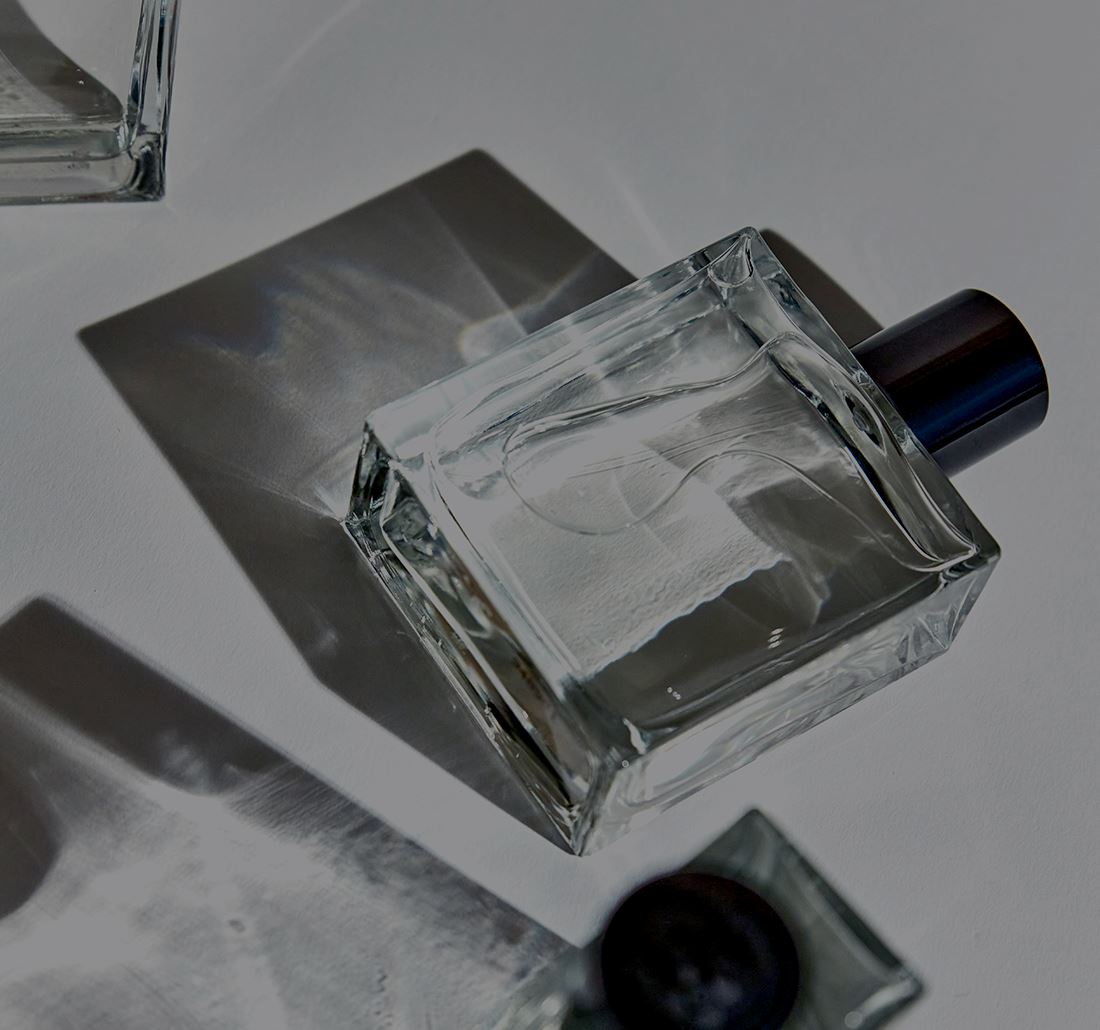SUMMARY
01. Natural perfumes, what’s so special about them?
02. Organic perfume: deciphering green perfume
If the trend in beauty is toward slow cosmetics, the world of perfume is no exception! Bottle addicts now want more natural, cleaner fragrances that respect health and the planet. Can so many criteria fit into such a small bottle? In any case, that's the bold gamble that some perfume houses have taken. To learn everything about these green fragrances, follow us!
Natural perfumes, what's so special about them?
A natural perfume , yes, but what does it have that the others don't? Come on, we'll tell you all about the new perfume darling that's already making waves.
Natural perfume and synthetic perfume: what are the differences?
Originally, perfume was an entirely natural product when it was created. The first master perfumers did not yet have access to petrochemicals. It was the industrialization of perfumery beginning in the 19th century that largely contributed to making perfumes more artificial, by swapping some of their natural ingredients for synthetic ones.
While perfume was originally made with long-distilled essential oils, they were gradually replaced by a synthetic version: alcohol. How can this be explained? Quite simply, because raw materials of natural origin can be up to ten times more expensive than synthetic ones, and some perfume notes only exist as synthetic ingredients. By creating new scents and combining them, they have succeeded in giving life to unique synthetic perfumes. Okay, but what's the natural side of all this?
Today, perfume houses like Bon Parfumeur are working hard to truly return to their roots. By carefully selecting the finest ingredients of natural origin, they brilliantly succeed in offering us green and ultra-addictive fragrances.
Clean compositions
Better for your health and the planet, natural perfumes have it all! In their bottles, they hunt down controversial substances (and their long names!) like BHA, EDTA, and phenoxyethanol. In addition to blacklisting certain ingredients, they are made without colorants or filters: a naturally beautiful perfume doesn't need them! If the color of the juice varies significantly over time, this is a completely normal phenomenon that in no way alters the scent or the longevity of the perfume.
Natural perfume = ingredients of natural origin?
Green perfumes are composed almost exclusively of ingredients of natural origin. Sometimes, they contain a very small percentage of synthetic ingredients, but safe! This is the case when a fragrance note doesn't exist in nature or when the natural ingredient is too allergenic (yes, it's possible!).
For example, some scents (marine scents or muted flowers) simply don't have a natural equivalent. In this case, natural perfumes switch a natural ingredient for a synthetic one, in order to always offer serial perfumers an extremely high-quality juice. In addition, certain synthetic additives are essential to "fix" the fragrance and make it more stable over time: it would be a shame to deprive yourself of them, right? At Bon Parfumeur, Eaux de parfum are composed of at least 82% ingredients of natural origin and some even go as high as 97%! What else?
Environmentally friendly packaging
Always respecting nature, natural perfumes rely on sustainable packaging. With bottles made from 100% recyclable glass and outer packaging made from virgin and recycled paper pulp certified by the FSC (Forest Stewardship Council), Bon Parfumeur packaging really does have it all!
The must-have? We're thinking about choosing refillable bottles so we can always be scented, without necessarily creating more packaging.
Fragrances that are better for your health
Dermatologists and allergists agree: it's best to choose cosmetics made with naturally sourced ingredients. Beauty products containing chemicals pose a real health risk in the long run because they penetrate the skin barrier. To hunt down endocrine disruptors and other synthetic and petrochemical products, we take a closer look at the labels: silicones, phthalates, phenoxyethanol, formaldehyde, surfactants, and even dyes and UV filters should be avoided in formulas. To wear perfume safely, we should therefore adopt natural fragrances without delay.
Organic perfume: deciphering green perfume
Is a natural perfume organic, and is an organic perfume always natural? It's hard not to feel lost in the perfume aisle. To sort the facts from the fiction, this is where it happens.
Labels for organic perfumes
Let's dispel misconceptions: a natural perfume isn't necessarily organic. To qualify for the COSMOS (COSmetic Organic and Natural Standard) label and fall into the organic and natural cosmetics category, the perfume must meet certain criteria regarding its composition:
The ECOCERT certification present on the packaging also allows you to immediately recognize an organic perfume, thanks to a visible logo.
Organic perfume vs. natural perfume
Organic is everywhere, but is it really a guarantee of quality when choosing your perfume? A myth is about to crumble, but we owe you the truth!
Conversely, a natural perfume may not benefit from an organic label, but display an exemplary composition on the label.
In short, to choose your perfume well, we first scrutinize the ingredients of the fragrance rather than persisting in looking for an organic logo!
Join us now to learn more about other types of perfumes , how to store them, and the fragrances that influencers prefer . Want to go further? We'll tell you about the great perfumers , perfume houses , exhibitions and museums , and explain how to become a nose .
Source www.ecocert.com










